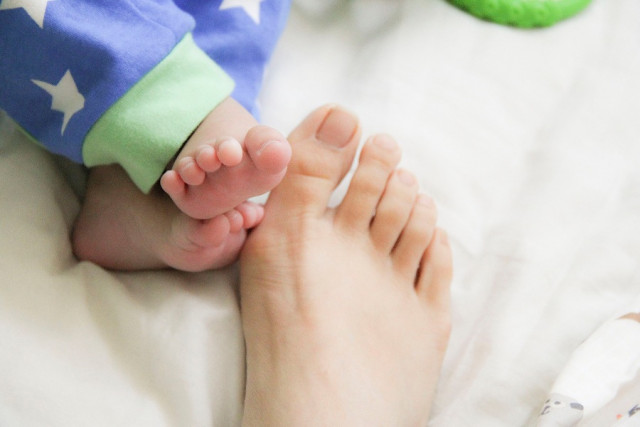Appalling conditions: Parliamentarians briefed on gaps in maternal and neonatal care
Session was aimed to circulate research findings of tehsil and district level consultations.

Session was aimed to circulate research findings of tehsil and district level consultations. PHOTO: FILE
Conducted by the Strengthening Participatory Organisation (SPO) in a local hotel, the session was aimed at sharing findings of the research conducted during tehsil and district level consultation meetings.
On the occasion, SPO Project Manager Haroon Husain highlighted that Pakistan had a high maternal mortality rate of one per 89 women, compared to one per 8,000 in developed countries. He informed that more than 500 newborns die every day while an estimated 216,000 babies die before turning a month old.
He pointed to a research conducted by the World Health Organization (WHO), which found that Mother and Newborn Health (MNH) indicators were the worst in rural areas, where 64% births were reported but only 29.8% of women were assisted by Skilled Birth Attendants (SBAs) – 31% lower than their urban counterparts.
The SPO Project Manager added that in Khyber-Pakhtunkhwa (K-P), access to SBAs at the time of delivery was reported below 45%.
According to Husain, the country’s appalling MNH situation was further aggravated by poverty. The organisation found that access to healthcare was lowest amongst the poorest quintiles at 10.1%.
With regards to the nation’s poverty levels, the Benazir Income Support Programme (BISP) was brought up during discussions. The program, implemented in 2009, provides financial assistance to low-income families through cash payments and helps keep a check on poverty levels.
In 2012, Waseela-e-Sehat (WS) was added to the BISP’s package of services. Husain explained the WS is still in its pilot stage and is offered in one district of each province.
He added the programme comprises health and group life insurance, including basic support measures to access healthcare and cope with a variety of health emergencies.
On the occasion, participants recommended WS should focus on maternal and infant health and make the disbursement conditional to healthcare services related to MNH.
Published in The Express Tribune, March 25th, 2014.













COMMENTS
Comments are moderated and generally will be posted if they are on-topic and not abusive.
For more information, please see our Comments FAQ